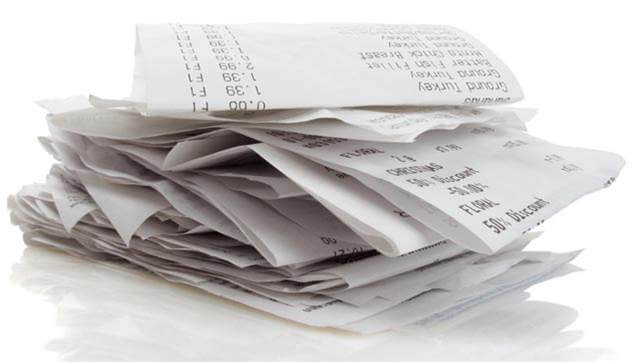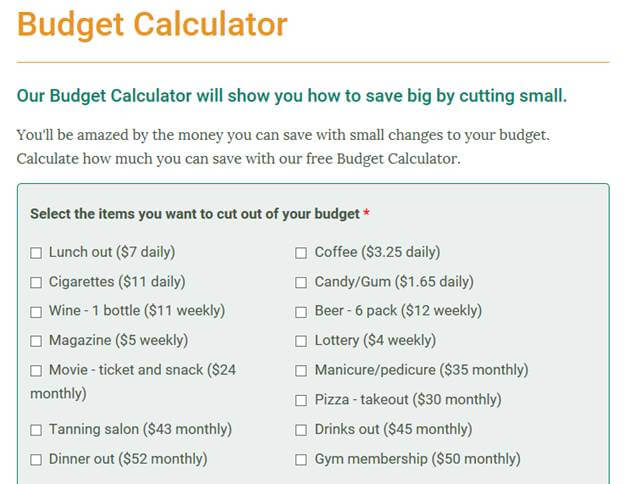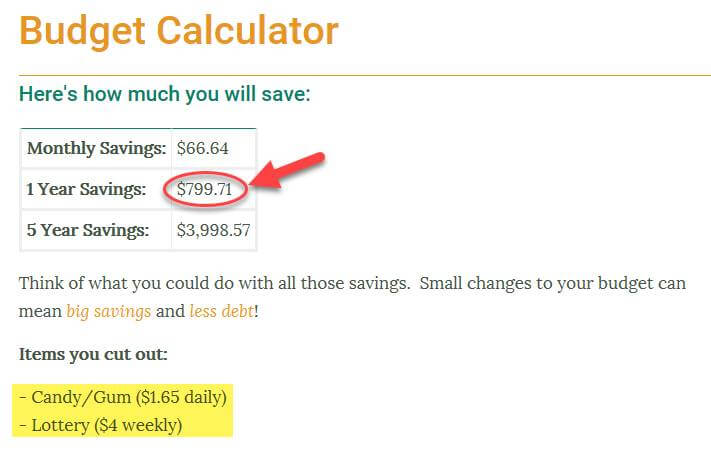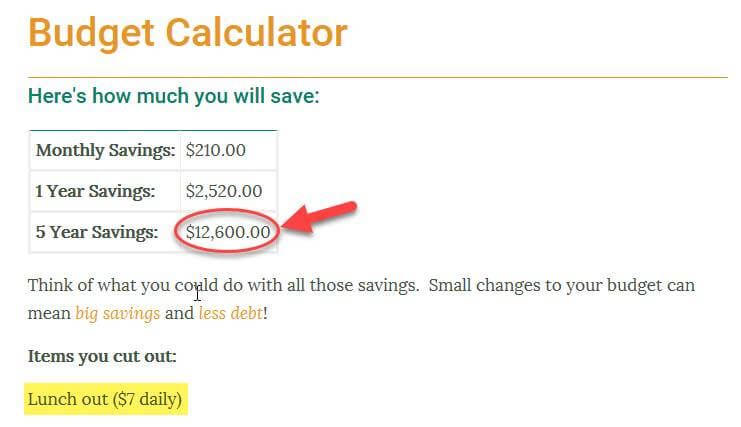
Think your morning coffee doesn't have much impact on your overall finances? Think again! If you’re pulling up to the local drive-through window instead of brewing your own pot at home, you could be setting yourself back by over $1,000 a year!
It's often tempting to indulge in the “little things” to get you through the day when it feels like you can't afford the bigger things, like a vacation. A manicure/pedicure appointment once a month may seem harmless enough. However many people don't realize the valuable dollars they throw away each year that could help them reach their financial goals.
Take your typical monthly movie night for example. You can save almost $300 a year if you swap movie nights out for streamed online movies at home with store-bought popcorn. Multiply that if you have kids or pay for a significant other!
With a lot of discipline and consistency, and some changes to your spending habits, you may have the potential to reach your financial goals faster than you think. See for yourself! Credit Canada’s website has a helpful online Budget Calculator that can show you exactly what your discretionary expenses are costing you over a month, a year and five years.

Are you guilty of turning everyday errands and commitments into bigger expenses than they need to be? Try setting a limit on impulsive purchases such as chocolate bars and lottery tickets, or skip them altogether. This could save you as much as $800 a year.
Heading to the mall? Don't feel compelled to buy an overpriced soft drink and fries. Consider eating lunch before you leave home, and pack a water bottle for the road. When going on fun outings with your kids, take pre-packed snacks and juice boxes if the place will allow it. Think you don't have time to pack a lunch for work? Finding an extra ten minutes a day could save you $12,000 of your hard-earned money over just five years!
Once you start adding up the dollars you save by finding alternatives, you get a rush from seeing more money in your bank account. Perhaps this is why many wealthy people are so frugal! There's a certain momentum that comes with seeing how much money you save with each expense you cut back on, that makes you want to keep cutting back and saving more.
One good way to avoid overspending on unnecessary add-ons is to create a monthly budget, and then track every purchase you make, including the little ones. Being cognizant of the actual amounts you are spending on entertainment, clothing and groceries throughout the month will allow you to determine whether you can afford to buy a little item without going over budget.
Go ahead and use our budget calculator to see what your own personal budget cuts will do for your savings. The next time you think you need a latte with your name spelt wrong on it to get you through the day, consider if it's really worth $1,200 a year.
Frequently Asked Questions
Have a question? We are here to help.
What is a Debt Consolidation Program?
A Debt Consolidation Program (DCP) is an arrangement made between your creditors and a non-profit credit counselling agency. Working with a reputable, non-profit credit counselling agency means a certified Credit Counsellor will negotiate with your creditors on your behalf to drop the interest on your unsecured debts, while also rounding up all your unsecured debts into a single, lower monthly payment. In Canada’s provinces, such as Ontario, these debt payment programs lead to faster debt relief!
Can I enter a Debt Consolidation Program with bad credit?
Yes, you can sign up for a DCP even if you have bad credit. Your credit score will not impact your ability to get debt help through a DCP. Bad credit can, however, impact your ability to get a debt consolidation loan.
Do I have to give up my credit cards in a Debt Consolidation Program?
Will Debt Consolidation hurt my credit score?
Most people entering a DCP already have a low credit score. While a DCP could lower your credit score at first, in the long run, if you keep up with the program and make your monthly payments on time as agreed, your credit score will eventually improve.
Can you get out of a Debt Consolidation Program?
Anyone who signs up for a DCP must sign an agreement; however, it's completely voluntary and any time a client wants to leave the Program they can. Once a client has left the Program, they will have to deal with their creditors and collectors directly, and if their Counsellor negotiated interest relief and lower monthly payments, in most cases, these would no longer be an option for the client.









